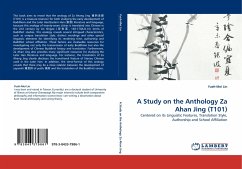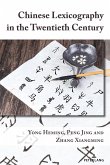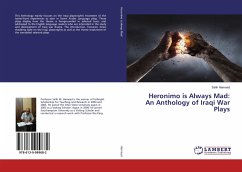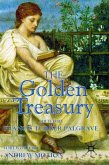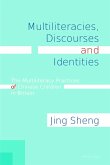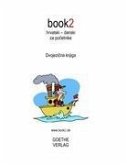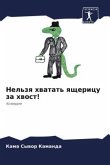This book aims to reveal that the analogy of Za Ahang Jing (T101) is a treasure-reservoir for both studying the early development of Buddhism and the Later Han/Eastern Han ( ) literature and language, because this analogy of twenty-seven s tras is translated into Chinese in the 2nd century by An Shigao ( , 148-170A.D.).In terms of Buddhist studies, this analogy reveals several intrigued characteristics, such as unique translation style, distinct wordings and other special linguistic elements for identifying its rendering time, authorship and Buddhist school affiliation. These factors are invaluable resources for investigating not only the transmission of early Buddhism but also the development of Chinese Buddhist history and translation. Furthermore, Za Ahan Jing also provides many significant resources for studying the Later Han literature and language. For instance, the translation of Za Ahang Jing clearly discloses the transitional feature of literary Chinese used in the Later Han. In addition, the verse-format of this analogy unveils that there may be a close relation between the development of zayanshi of yuefu and the translation of the Buddhist verses.
Bitte wählen Sie Ihr Anliegen aus.
Rechnungen
Retourenschein anfordern
Bestellstatus
Storno

